Ubiquinol 200 mg
- Ubiquinol | 60 capsules à 200 mg
- With natural, highly bioidentical ubiquinol
- High bioavailability: 3 to 8 times higher bioavailability than conventional Q10 (ubiquinone), ubiquinol is the bioactive form of coenzyme Q10
- With vitamin B1, which contributes to normal energy metabolism and heart function
- Vegan, light-protected liquid capsules, especially high-dosed with 200 mg per capsule
- With branded raw material Kaneka Ubiquinol
™
Natural and vegan from yeast fermentation - Q10 is present in the “energy power plants” (mitochondria) of all body cells. Particularly many are found in the heart and skeletal muscles, where they contribute to energy supply
- Only vegan capsule shells: 100% free of carrageenan and PEG
43,90 € 39,90 €
incl. 7% VAT
plus shipping costs

In 2-3 working days with you!
Free shipping to DE & AT from 50 €

Made with Love in Austria
Take a little trip to ...
Ubiquinol 200 mg

The vital substance
Coenzyme Q10
Coenzyme Q10 is a natural substance from our food that can also be produced in the body itself. Particularly high concentrations of coenzyme Q10 are found in organs that require a lot of energy, such as the heart, brain, kidney, liver and muscles.
Ubiquinol
:
the body active coenzyme Q10
Coenzyme Q10 exists in two forms, as ubiquinone and ubiquinol. Coenzyme Q10 in the form of ubiquinone must first be converted into the active form ubiquinol in the body. In Sanutrition Ubiquinol, coenzyme Q10 is available to the body in the immediately available bioactive ubiquinol form.
This is what we paid attention to → vegan liquid capsules
vegan liquid capsules
for more energy
The branded raw ingredient KANEKA Ubiquinol™ dissolved in coconut oil is packaged in vegan light-protected capsule shells, which keeps the active ingredient available longer and ensures maximum bioavailability. One vegan liquid capsule contains 200 mg of body-active coenzyme Q10 and vitamin B1, which also supports the heart and energy metabolism.
CONTENTS:
Coconut oil, Kaneka Ubiquinol™, vegan capsule shell (hydroxypropyl methylcellulose, iron oxide), thiamine hydrochloride
| Ingredients per daily dose (1 capsule) | % NRV* | |
| Ubiquinol | 200 mg | -** |
| Vitamin B1 | 165 µ g |
15% |
* the nutrient reference quantity
** no reference available
Product warranty
Your health and safety means everything to us. For this reason, our capsules are produced in a fully compliant HACCP factory in Austria, in accordance with all manufacturing guidelines and under the strictest quality control. Naturally without additives and anti-caking agents such as magnesium stearate, silicon dioxide or aluminum.
Sustainable packaging
You receive our Ubiquinol capsules in a gentle, environmentally friendly paper can.
With love #foryouandfornature

FOR YOU AND FOR NATURE
- Premium active ingredients as pure substances
- Direct sourcing from the world’s most renowned raw material suppliers
- Avoidance of any synthetic additives
- If additives, only valuable natural substances
- Voluntary declaration of substances that do not have to be declared
- Maximum avoidance of chem. Solvent for extracts
- Exclusive custom-made products for purity and quality
- Production in AT and EU (HACCP, GMP)
- Only vegan capsule shells: 100% free from carrageenan and PEG
Sustainable packaging
made from climate-neutral paper, no plastic, no aluminum, no energy-intensive glass

All products 100% without:
Magnesium stearate, silicon dioxide, nanoparticles (without legal exceptions), genetic engineering, artificial colors and flavors, titanium dioxide, added sugar & sweeteners
At Sanutrition, we focus on products that help you lead a
healthy and happy life
and at the same time be in harmony with nature. We have concentrated on the development, production and marketing of
Premium micronutrient preparations
focused. From all regions of the world, we seek out outstanding foods and valuable botanicals that help you promote and maintain health and vitality naturally. All preparations are made in manufactory standard according to the
pure substance principle
– without any artificial colors, flavor enhancers, coatings or release agents and exported throughout Europe.
With the world’s first
Paper can for supplements
we set new standards in the field of sustainable, climate-neutral packaging. Our developments & productions meet the highest demands in terms of naturalness, purity and quality. We pursue this ideal at all levels, with meticulous love, down to the smallest detail.
Properties
| Shape | Capsules |
| How often | daily |
| How much | 1 capsule |
| Stock | 60 days |
| Vegan | Yes |
| Vegetarian | Yes |
| Bioavailability | Very high |
| Flavor | Neutral |
| Capsule size | medium |
| Monopreparation | no |
| Without release agent | Yes |
| Without additives | Yes |
| Nature share | 99,96 % |
Additional information
Coenzyme Q10 Synonym(s): CoQ10, Q10, ubiquinol, ubiquinone
Occurrence in food Coenzyme Q10 is a fat-soluble endogenous substance that can be supplied through the diet or produced by the body itself. In the course of physiological changes, the endogenous synthesis rate can be restricted or the demand increased and an additional exogenous supply can become necessary. About 5 – 10 mg of coenzyme Q10 are supplied daily via the diet. Although the fat-soluble substance is found in many foods, its concentration in the food is usually low. The best suppliers of coenzyme Q10 are considered to be meat and certain types of fish (e.g. sardines, mackerel), and in vegetable terms wheat germ, soybeans, walnuts and almonds. Physiological effects Energy metabolism: Is essential for electron transfer of the mitochondrial respiratory chain for energy production (ATP) Antioxidant: Participation as redox partner in antioxidative processes Reduce lipid peroxidation and increase oxidation resistance of lipids such as LDL cholesterol. Cell membranes: stabilization of cell membranes by controlling ion channels. Increase of membrane fluidity and vitality Immune system: increase of phagocytosis activity of macrophages and stimulation of proliferation of granulocytes. Increased demand Persons over 40 years of age, low-fat diets, reduction diets, bronchial asthma, burnout, chronic fatigue syndrome, diabetes mellitus, fibromyalgia, cardiovascular diseases, statin therapy, migraine, Alzheimer’s disease, Parkinson’s disease, malabsorption due to disturbances in bile function and in gastrointestinal disorders. The physiological importance of coenzyme Q10 Coenzyme Q10 (ubiquinone) is an endogenous substance similar to vitamin E. Its roles are in two main areas: electron transfer in the mitochondrial respiratory chain and participation as a redox partner in antioxidant processes. Coenzyme Q10 is thus involved in ATP synthesis and thus fundamentally in energy production in the cells. Suboptimal processes in the mitochondrial citrate cycle lead to an insufficient supply of biochemical forms of energy, which manifests symptomatically in the tissue and at the organ level. Skeletal muscle and cardiac muscle are primarily affected (1). Due to its central role in the antioxidant protection of biological membranes, coenzyme Q10 contributes to the strengthening of immune defenses, promotes the integrity and stabilization of cell membranes, and prevents radical-induced aging processes of cellular organs. Coenzyme Q10 – a conditionally essential nutrient Coenzyme Q10 is an endogenous substance that can be synthesized by the organism itself as well as taken in with food. In healthy people, coenzyme Q10 is not an essential compound. In the course of physiological changes, where the synthesis rate is limited or the demand is increased, an exogenous supply may become necessary. Coenzyme Q10 is therefore classified as a conditionally essential nutrient (2), the supplementation of which becomes necessary in the case of certain diseases and increased requirements. These include heart disease, diabetes mellitus, neurodegenerative diseases and tumor diseases, as well as aging processes and competitive sports and increased oxidative stress (3). Ubiquinone – Ubiquinol Coenzyme Q10 exists in two biochemical forms, as ubiquinone and as reduced ubiquinol. Both compounds are ingested with food and both exist in the body. The reduced (non-oxidized) ubiquinol is the more active form of coenzyme Q10. Coenzyme Q10 as ubiquinone must first be converted into the active ubiquinol form in the body via several enzymatic steps, a process that is influenced by selenium and zinc status and can be limited with increasing age or in the case of illness. Higher bioavailability and better mitochondrial presence of ubiquinol. Ubiquinol has two additional hydrogen groups compared to ubiquinone, which increases the polarity of the benzoquinone ring. This fact could be responsible for the observed better bioavailability of ubiquinol. In a study with Biogena Coenzyme Q10 active Gold Ubiquinol, the active reduced form showed a greatly improved absorption rate. After only one month, plasma Q10 levels of participants supplemented with 50 mg/d ubiquinol were nearly twice those of participants receiving 120 mg/d ubiquinone (4). The results of the performance tests showed that the higher plasma levels also lead to a better mitochondrial presence and thus to an increased energy supply. Again, the ubiquinol group was far superior to the ubiquinone group in all parameters (5). Further studies show that in cardiac patients who respond inadequately to ubiquinone supplementation and show unsatisfactory clinical improvements, substitution with the active ubiquinol can achieve both a significant increase in plasma levels and an increase in cardiac function and a favorable clinical outcome (5). Bioidentical, 100% natural all-trans coenzyme Q10 Coenzyme Q10 is available on the market in different qualities, which is why reputable suppliers pay attention to a high-quality and safe source of the coenzyme Q10 used. The Japanese company Kaneka has been one of the world’s leading coenzyme Q10 producers for 25 years and has further consolidated its position as an innovative and reputable Q10 supplier with a new, hitherto unique manufacturing process. Kaneka coenzyme Q10 is formed in biosynthesis processes by special yeast cells, from which a bioidentical coenzyme Q10 is obtained in the extraction process. As a result, Kaneka Coenzyme Q10 is completely similar to the natural all-trans Coenzyme Q10 found in foods and is free of synthetic cis-isomers. All steps of the manufacturing process meet pharmaceutical GMP standards, ensure reliable and consistent substrate quality and are certified kosher. Kaneka coenzyme Q10 has also been tested for toxicological safety and found to be safe and well tolerated at doses up to 900 mg/day in healthy volunteers (28). References: Micronutrient Coach® – The great BIOGENA compendium of nutrients. 4th ed. Verlagshaus der Ärzte, Editors: Dr. Christina Schmidbauer and Georg Hofstätter MSc.
Related products
-
Herbal active ingredients & vital substances
Omega-3 from algae oil
22,90 €incl. 7% VAT
plus shipping costs
-
Herbal active ingredients & vital substances
Propionic acid 750 mg
17,90 €incl. 7% VAT
plus shipping costs
-
Herbal active ingredients & vital substances
Indole-3-carbinol
19,90 €incl. 7% VAT
plus shipping costs

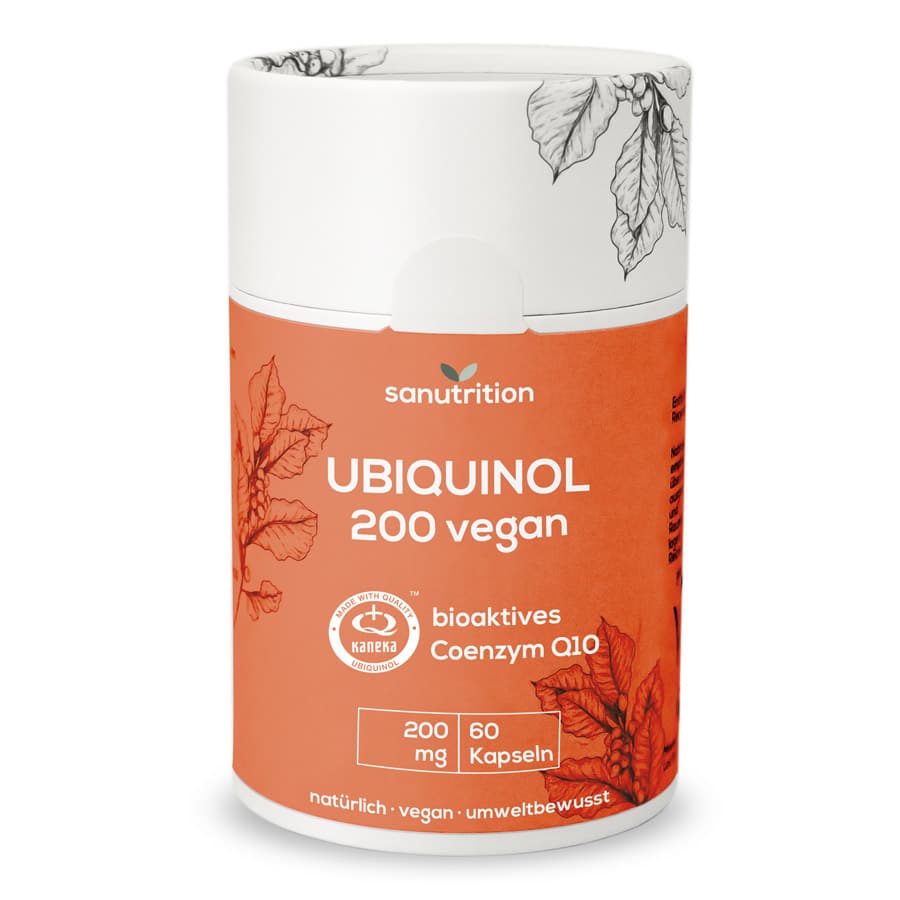
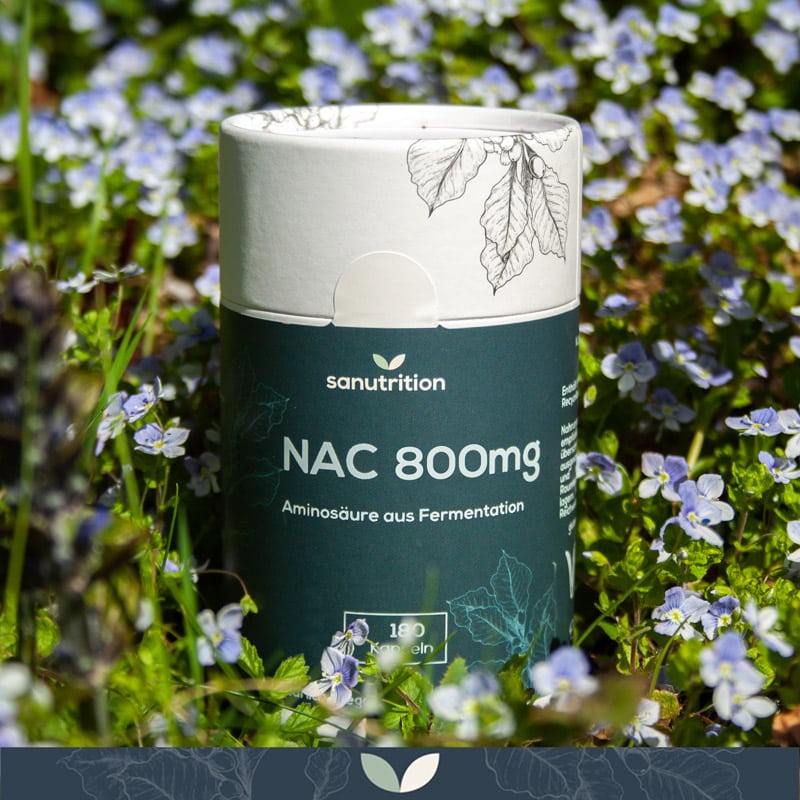
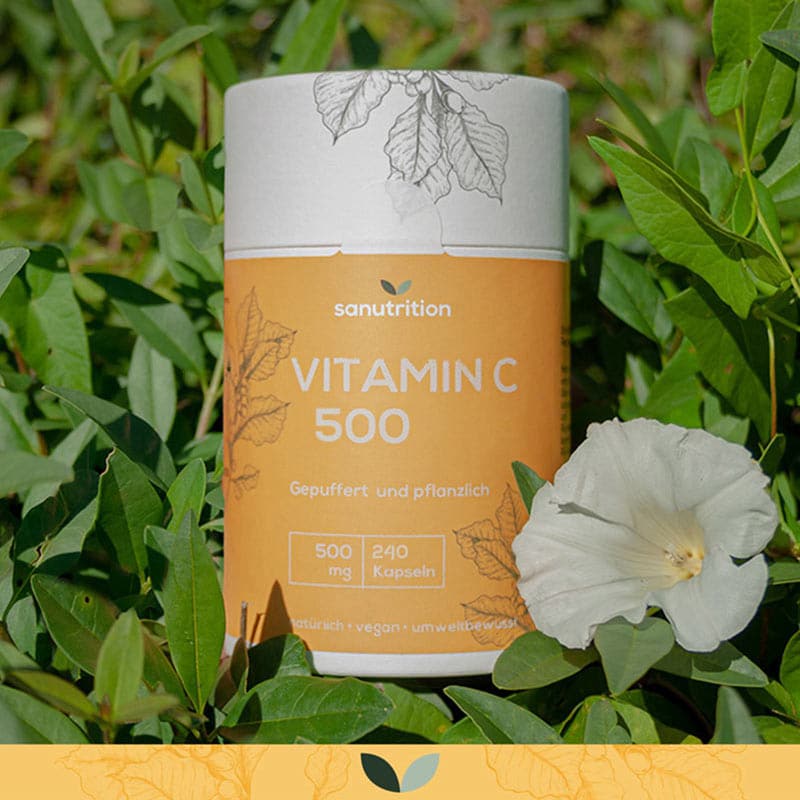
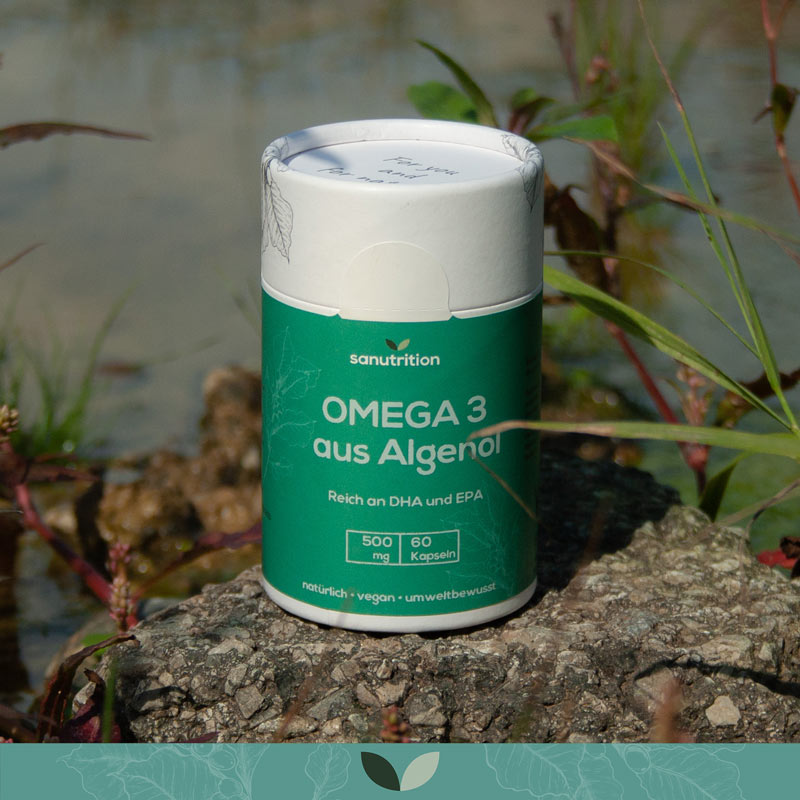
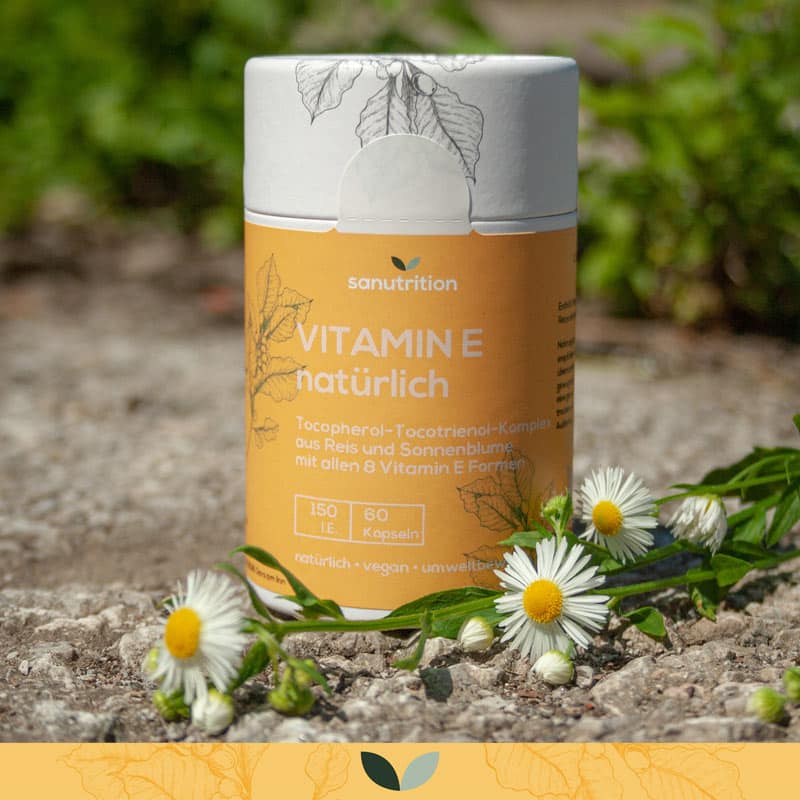

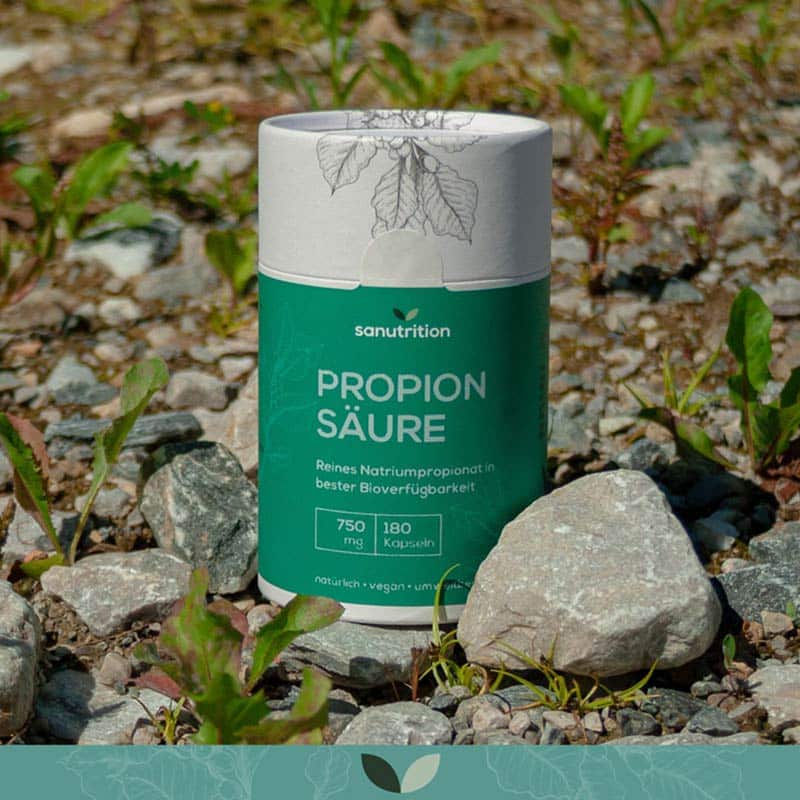
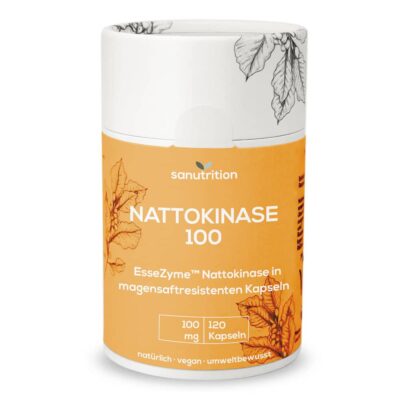
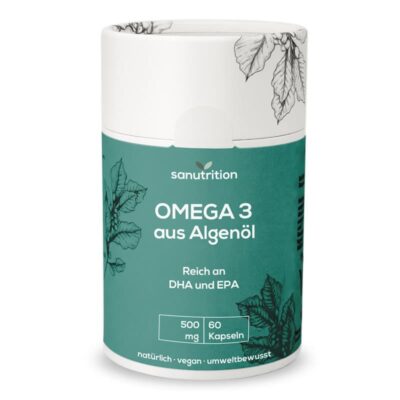
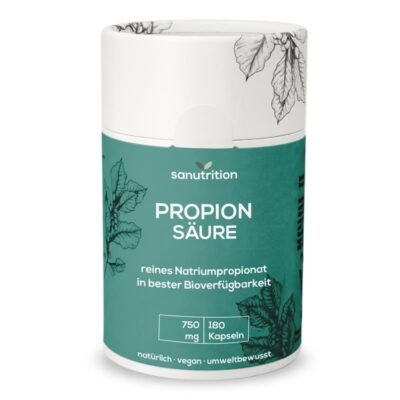
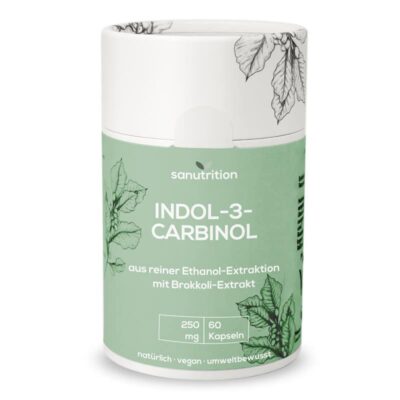

Reviews
There are no reviews yet.